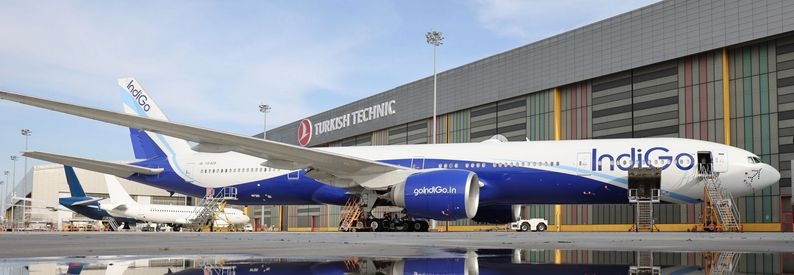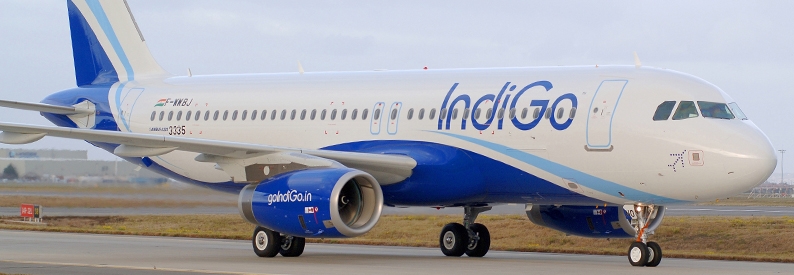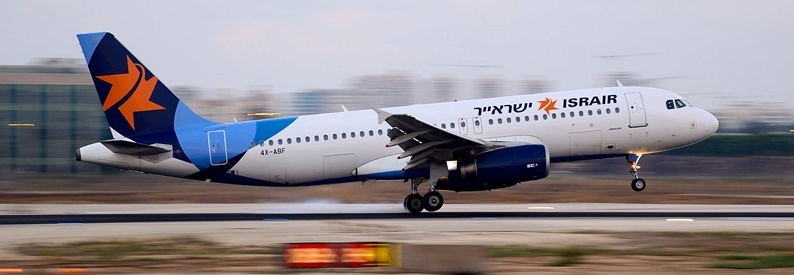The Competition Commission of India (CCI) has fined three local carriers a total of INR543.6 million rupees (USD8.4 million) for colluding to fix and manipulate fuel surcharge (FSC) fees in the cargo market.
A regulatory statement issued on Wednesday, March 7, said the CCI had launched the investigation following a complaint filed by the Express Industry Council of India (EICI) against Jet Airways, IndiGo Airlines parent InterGlobe Aviation, SpiceJet, Air India, and GoAir alleging that the quintet of operators, in May 2008, had connived to introduce the FSC for transporting cargo. This surcharge was fixed at a uniform rate of INR5/kg and came into force on May 15, 2008.
The EICI contended that there were no legal grounds for the airlines to have introduced the surcharge, which they claimed would mitigate the impact of volatile fuel prices at the time. As such, the EICI also contended that their decision to apply the surcharge across the board in itself constituted an act of cartelization which is banned under Indian law. In addition, when fuel prices abated, the FSC was not commensurately reduced but in fact, increased.
While the CCI affirmed that the aforementioned airlines had "acted in a concerted manner in fixing and revising the FSC rates", it only imposed pecuniary sanctions against each of Jet Airways INR398.1 million (USD6.1 million), InterGlobe INR94.5 million (USD1.4 million), and SpiceJet INR51 million (USD785,000). The rates levied by the CCI are equivalent to 3% of each operator's average relevant turnover for the last three financial years.
Go Air and Air India were not fined. In Go Air's instance, it successfully demonstrated that it did not operate as a cargo carrier and had been outsourcing its bellyhold capacity to a third-party cargo service firm exclusively. It, therefore, did not play a role in levying or revising the FSC, which was collected by the cargo service provider. For its part, Air India was able to demonstrate that it had not acted in collusion with other airlines by submitting a table of the changes in its FSC charged over time. It was able to prove that it had actively revised and adjusted its FSC as per fluctuations in fuel prices.
All parties were issued a cease and desist order.







